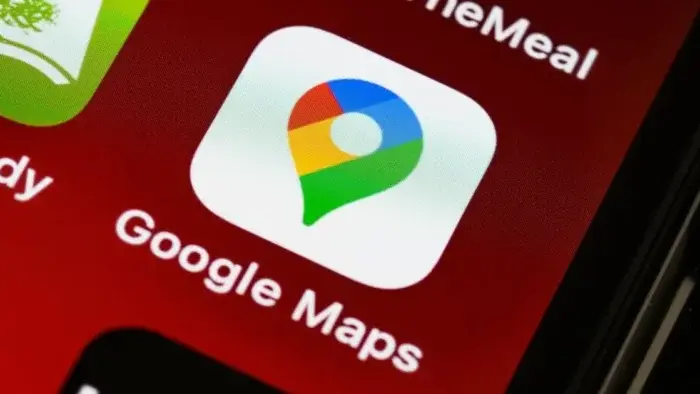The recent Google I/O 2024 conference underscored the growing importance of artificial intelligence (AI) across Google’s products. This influence extends beyond the capabilities of large language models like Gemini, and permeates some of the company’s most widely used services. We’ve witnessed advancements in AI for Gmail, search engine optimization, and even spam filtering. Now, Google Maps is poised for a significant transformation driven by AI, fundamentally changing how we interact with navigation and local information.
Google Maps Gets Smarter: How AI is Revolutionizing Navigation

Conversational Search with Generative AI
Imagine asking Google Maps directly, “Find me places with a vintage vibe in San Francisco.” This is the power of generative AI search. By leveraging Google Maps’ vast data – business details, photos, reviews, and ratings – the AI can identify and recommend relevant locations, tailoring results to your specific preferences. This personalized approach goes beyond keyword searches, enabling a more natural and intuitive exploration process.
AI-Powered Recommendations on the Go
Building upon conversational search, AI suggestions offer real-time assistance during your travels. Stuck in a sudden downpour? Simply ask, “Maps, suggest activities for a rainy day.” The AI can analyze your location and suggest nearby cinemas, museums, or other suitable options based on weather conditions. This dynamic support elevates Google Maps from a navigation tool to a comprehensive travel companion.
Enhanced Reality for Seamless Exploration
Google Lens integration takes augmented reality (AR) a step further. Tap the camera icon to search your surroundings and easily identify ATMs, restaurants, parking lots, or bus stops. This visual search displays critical information like opening hours and user ratings alongside AR arrows guiding you to your destination via Live View. Gone are the days of squinting at maps while navigating unfamiliar streets – AR provides a clear and intuitive way to interact with your environment.
Immersive Pre-Exploration with Immersive View
So, planning a visit? Immerse yourself in your destination before you even arrive. Immersive View allows you to explore photorealistic street-level imagery alongside relevant details like weather forecasts and peak traffic times. You can even access interior views of restaurants to choose a table in advance, ensuring a smoother and more efficient experience upon arrival.
Multi-Modal Search: The Power of Words and Images
Also, Google Maps is expanding its search capabilities beyond text. Multi-modal search lets you combine keywords with images for a more nuanced exploration. Imagine snapping a picture of a specific dish and searching Maps to find restaurants offering that dish nearby. This cross-referencing unlocks a new layer of information discovery, empowering users to leverage visual cues alongside traditional search methods.
The Future of Navigation: Personalized, Proactive, and Immersive
The integration of AI into Google Maps represents a significant leap forward in the navigation experience. These advancements pave the way for a future where maps are personalized, proactive, and immersive. Users will interact with Google Maps conversationally, receive real-time contextual suggestions, and explore destinations virtually before physically venturing out. This confluence of AI and mapping technology holds immense potential to transform the way we navigate the world around us.
So, by combining these innovative features, Google Maps is poised to become an indispensable tool for anyone seeking efficient navigation, local recommendations, and a deeper understanding of their surroundings. The future of exploration is intelligent, intuitive, and powered by the transformative power of AI.







